Where the Ache for Speech Resides
What makes solo theatre unique? How might artists approach and create a solo play? And how might we get audiences to embrace this form? In this series on solo theatre, Scott Wesley Slavin asked six highly accomplished solo theatre practitioners to share their wisdom from working around the world on one-person shows.
I teach a class called Introduction to Performance Concepts. The university where I teach is trusting of me; I am not told how to teach this class, or what is most essential to such an introduction. As a solo performer for the past thirty years, as well as an actor and playwright, I have decided that one of the most essential things I can give to a student is a sense of agency as a theatre artist, and in order to confer that, it seems essential that I remind students of the empowerment of the actor through self-scripting. We are always the right person to do our own work, and we needn't audition; we needn't wait for another person to think we are tall enough/short enough/young enough/old enough/ fat enough/ thin enough to perform our own material.
And having noticed that acting and writing, though two entirely separate crafts, come from the same rich inner source, I realize I am always facilitating one when I facilitate the other. The word “facilitating” is used in place of the word “teaching” here, because one cannot truly teach either of these crafts. As a professor of acting and playwriting, I've realized I serve students best by helping them to move obstacles to that deepest inner source out of the way. The rest is my support of each student on that journey of discovery.
For journalists, truth is a rigid and unalterable standard; for the solo artist, truth is a function of something deeply personal; a kind of love.
Teaching is a way of studying, of course. Thinking about performance composition, or how a solo piece is conceived and delivered onstage, a student asked me to describe what it is that distinguishes an onstage act of personal revelation from a formal act of solo performance. It was a personal learning experience to try to define this distinction. With the student's permission, I quote this correspondence below:
Hi Deb,
On this last day of official class I realized how emotional our final goodbyes will be. This class has meant so much to me. I was hoping to clarify one thing though—You repeated that this is an act of theatre: I am no longer "G" but a character. Are you saying that this is an automatic thing that happens when on stage or that we need to actively create a new character for this performance? The presentations struck me as personal story telling, so are you asking us to "act" more for this one?
Thanks so much!
G
Dearest G,
I too have found in our circle great solace and joy! Thank you for your munificent and generous contributions to everything beautiful in our class!
As for performing from personal material, if you do not choose to play a character who is, in formal and distinct ways, not "you" (I put YOU in quotes because, in performance, it's never just you), then you must find and assume a heightened sense of speech, of what it means to be speaking, before us. It is not the same as meeting someone in a restaurant or coffee shop. It is a heightened space, a proscribed space, the stage; your presentation of yourself stands in for your presentation of the world, and something about the way you move and speak must show us your reason for being there, your profound appreciation of the way we are staring at you as a synecdochical example of the world. When a playwright brings a character into the frame, s/he does so in a way that invites us to see the entirety of humanity in this single example of humanity. Your obligation is no more than and no less than that.
tenderly,
d
For me, as for any solo artist, finding the right to speak and present my body and language in this way is profoundly affirming and redemptive.
I begin an act of performance composition with the question I pose to any solo performance aspirant: What can I not die without having spoken of? I've noticed that the desire to speak instantly fictionalizes the thing spoken of, as it is filtered through my desire to tell it to an audience. There are choices we make of what to speak about that are deeply individual and indicative, and no two people who choose to tell the same story will tell the story in the same way, because each person’s need, or impulse to tell that story will be so very distinct. For journalists, truth is a rigid and unalterable standard; for the solo artist, truth is a function of something deeply personal, a kind of love. Love is a form of invention, of fiction; and my love of the telling, my yearning to tell a story makes fiction of it instantly.
Once I have figured out or sensed where that ache for speech resides, I begin to write. I just allow myself to write without constraint; nothing I write has to be judged, edited, spelled correctly, or grammatical. I just pour language out the way water flows from a pitcher into a glass. I do this for days. I don't read any of it. Then I put all the writing away and let myself dance and sleep. When the dancing and dreaming have put a week or so between me and my acts of verbal menstruation, I take the text back out and find in it the true things, the images and symbols that guide me forward in the direction of a tight, lyrical, comical, and theatrical revelation. I find in these automatic writings a cartography of the heart that wishes to come forward within the particular context that impelled me in the first place.
When I've mostly finished composing a piece verbally, the next step is to figure out how to perform it. There's a myth that just because you write something means you know exactly how to perform it. This is not true. Performance is of the body, not the mind. This language on the page needs to be translated into physical impulses, the way light bouncing off an object and entering the eye is projected onto the retina and sent to the brain on electrical impulse (plus the image is upside down at that point!). At best, as an actor going into rehearsal with my own material, I start at zero; sometimes I start at minus ten.
[caption]
Photo by Dante Olivia Smith.[/caption]This is where the director takes over. S/he sees what I can no longer see. The dramaturg in me has been dismissed; the impulsive physical conductor is now ascendant. The director sits at a distance from me, facing me, and sees what I can't see, both in terms of stage picture and in terms of the signifying of gesture. I have and find impulses, and these are commingled with those of the director, who serves as a physical editor, a dramaturg, a disciplinarian, a collaborator, and a guardian angel all at once.
The great monologist and solo artist Dael Orlandersmith, who presided over a writer's residency I had the honor of taking part in, advised the writers around the table to invade our own privacy. This was great and terrifying advice. Last night as I watched John Leguizamo on TV performing his latest solo piece, which was a moving and hysterically funny psychohistory of his life as a working actor, and especially as a man who'd staked his heart in solo performance, I was reminded of the accretion of miracles that precedes any act of solo performance.
The most salient of these is that the speaker who stands alone before an audience, working from inside the structure that most distinguishes us and quarantines us from other creatures, the spoken word, is alive at this moment, and has somehow willed himself, herself, to speak of what that means.

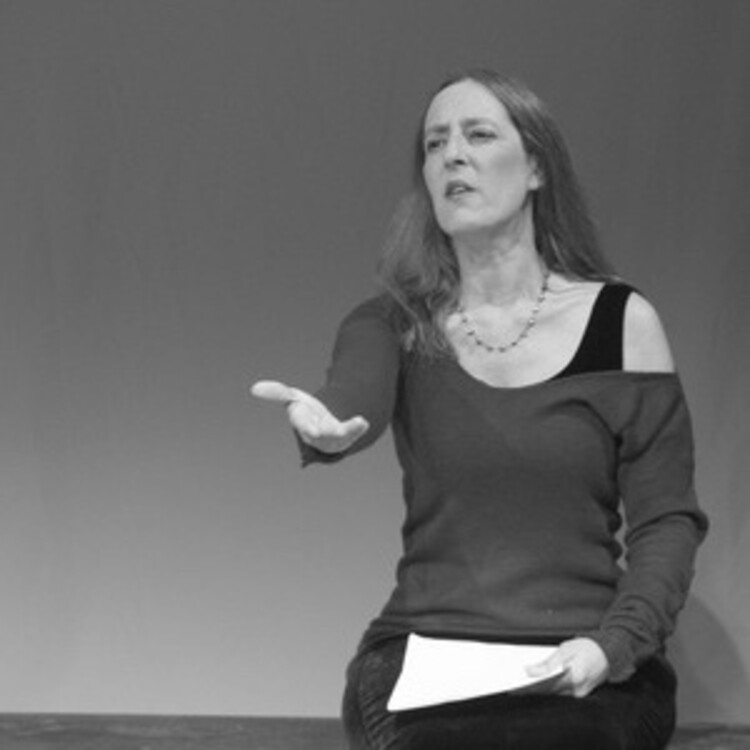
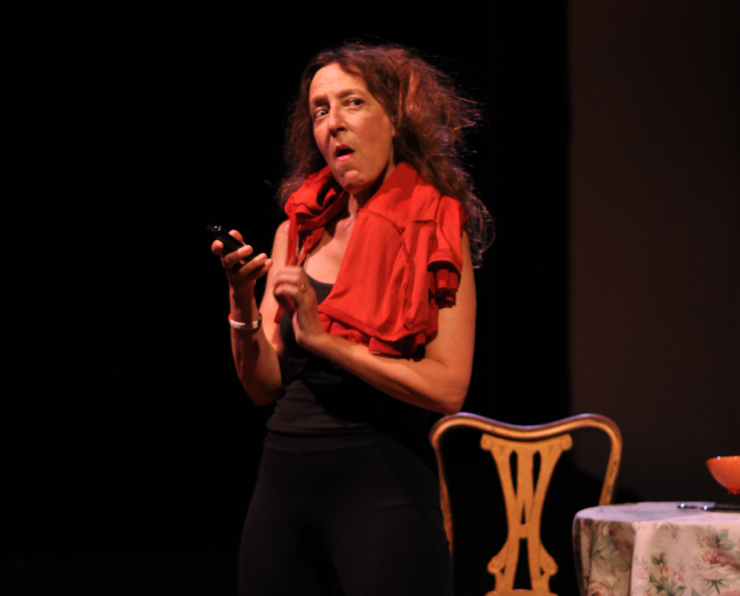
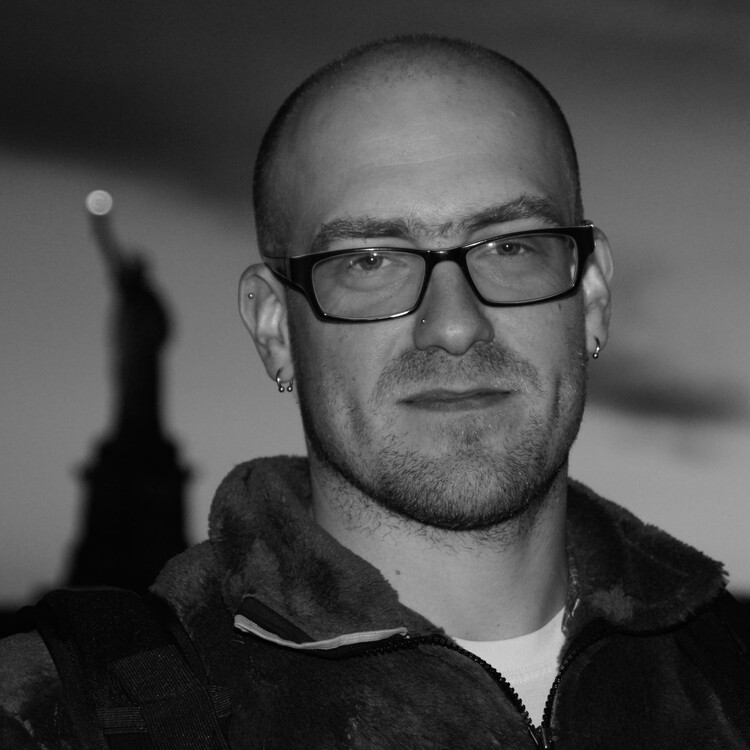
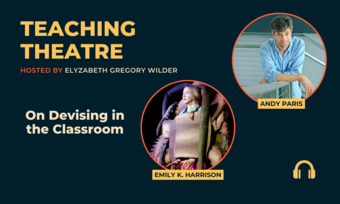



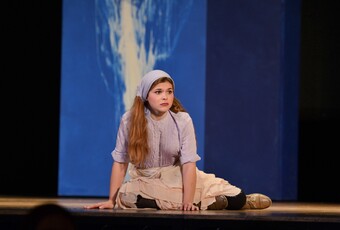

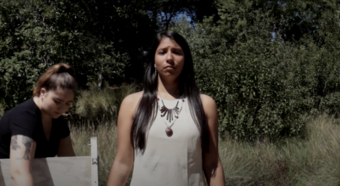

Comments
The article is just the start of the conversation—we want to know what you think about this subject, too! HowlRound is a space for knowledge-sharing, and we welcome spirited, thoughtful, and on-topic dialogue. Find our full comments policy here
Thank you! What a wonderfully insightful article. I have been wanting to do solo work for so long. This was just the encouragement that I needed.
wow, wonderfully said! I want you to direct my next piece!